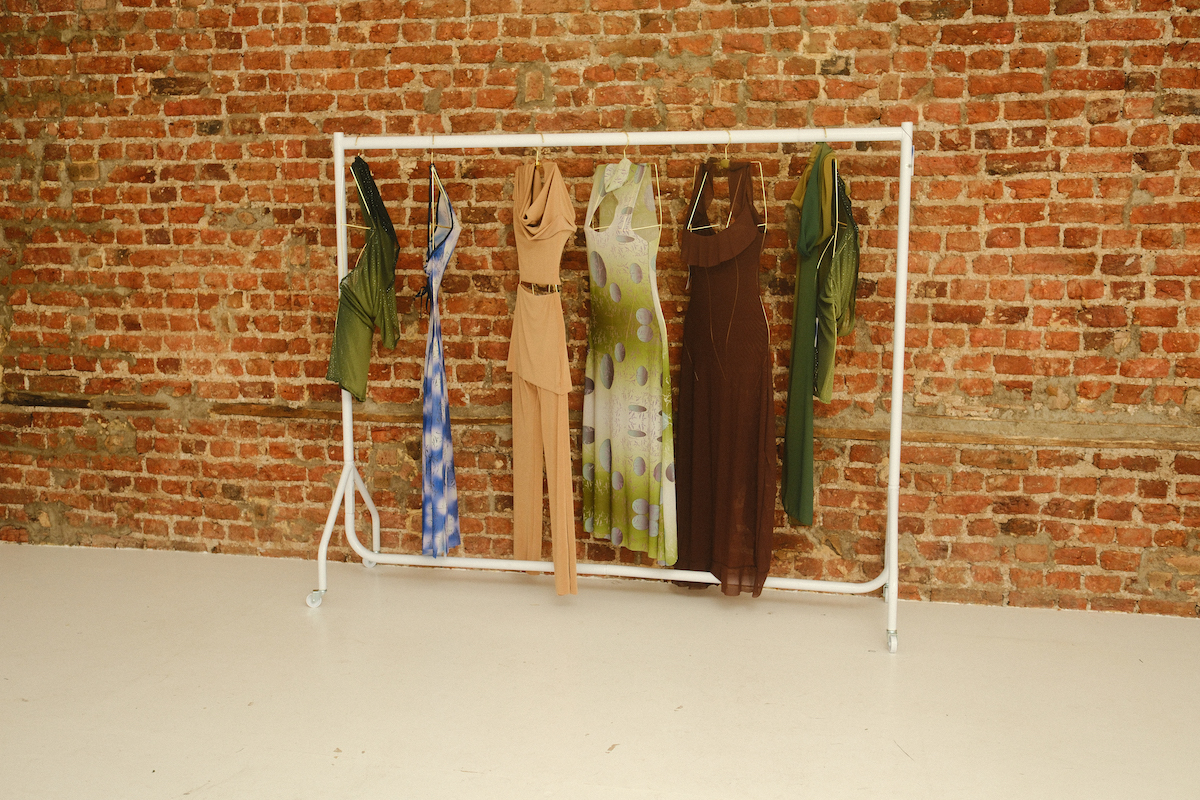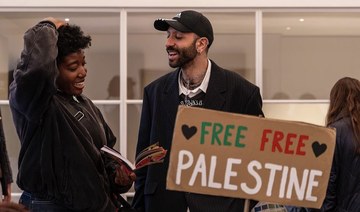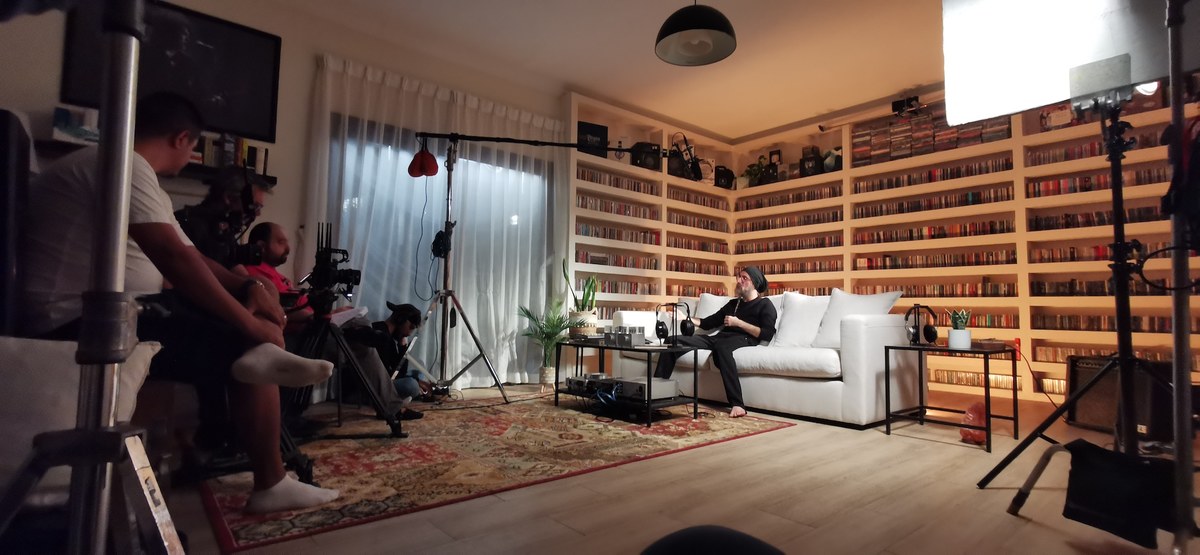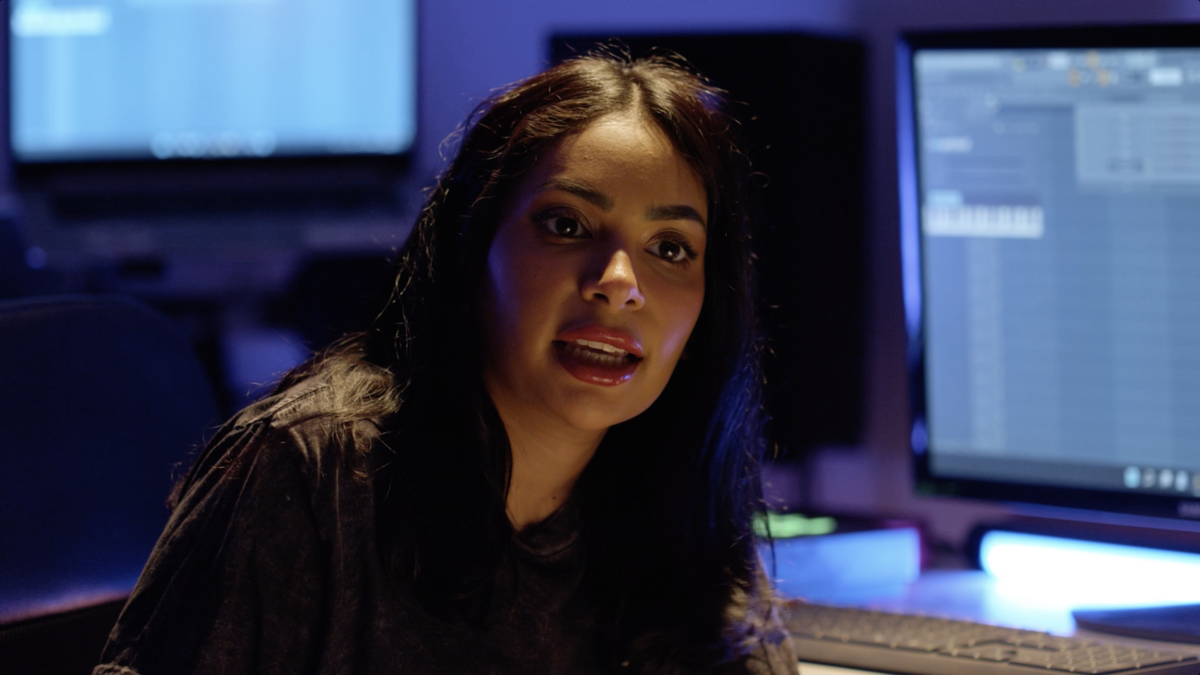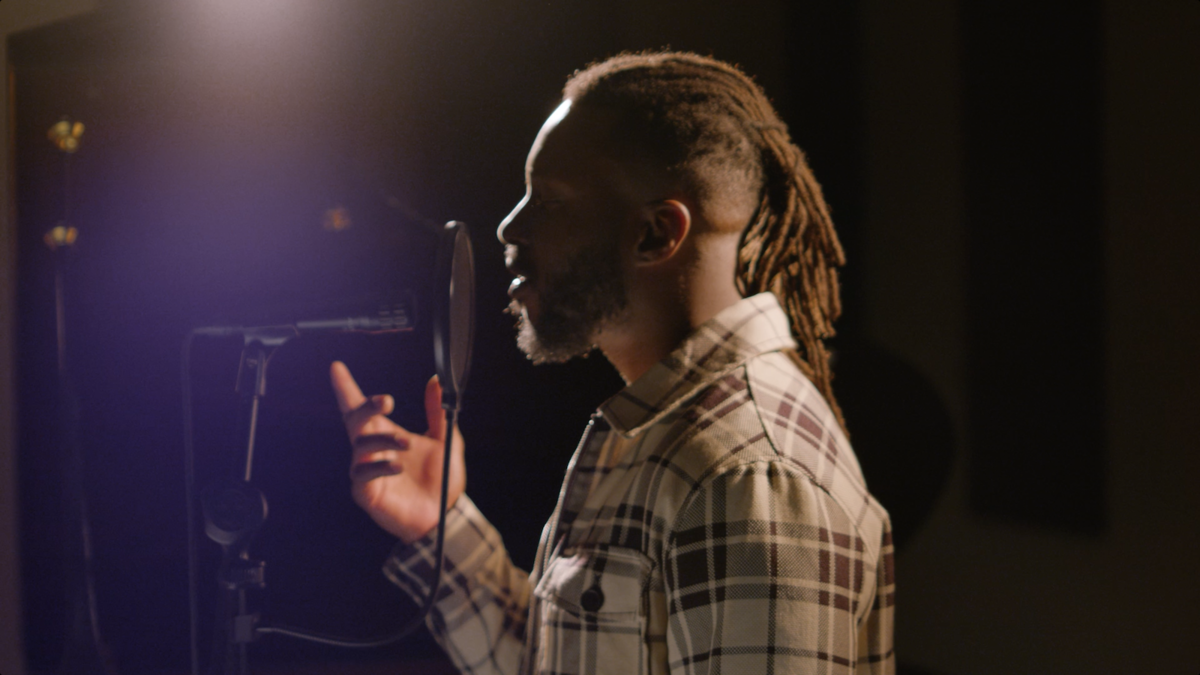RIYADH: For fans of Japanese anime culture, the Saudi-owned brand Nippon Sayko’s new store is a treasure trove.
The outlet is located at Trocadero in Boulevard Riyadh City, one of the largest zones in Riyadh Season 2021, and specializes in promoting Japanese anime culture by displaying and selling the most famous anime characters and manga comic books.
Nippon Sayko store owner Noha Al-Khayyat and her business partner have a passion for anime. Due to a lack of specialized anime stores, in 2009 they started to create merchandise by drawing anime images on fabric and selling them. The small, homegrown business developed a market base by attracting other Saudis who were interested in Japanese culture.
Eventually, the popularity of their business increased and the two partners decided to register their Saudi trademark, Nippon Sayko, in Jeddah, where they were colleagues at the same university.
“At that time, as two women in their early lives, it was not easy to import products into Saudi Arabia, especially from Japan,” Al-Khayyat said.
“In addition, society finds it strange to work in this field. Also, many people from our inner circle believed that the project’s idea might not be popular in our society,” she added.
However, the desire to develop their business prompted Al-Khayyat to study in Japan, where she overcame the language barrier to learn the basics of the Japanese pop culture business from its original source by studying for a master’s degree. This included researching general aspects of the country’s material culture.
“The overseas scholarship program, funded by the Saudi government, helped us spend more time developing our idea and promoting everything related to Japanese culture as one of the countries that is friends with the Kingdom of Saudi Arabia, in which there is a large segment of Japanese culture admirers,” Al-Khayyat said.
The Saudi-born store owners have now launched their second store in Riyadh, which is run by an all-female staff in a pioneering move that brings the partners great pride.
Al-Khayyat attributes their success to the Kingdom’s economic empowerment of Saudi women in line with the Vision 2030 reform plan. The government has achieved this by creating new fields of work, removing obstacles for those wishing to engage in private business activities, and providing opportunities for participation in tourism and entertainment events hosted by the country.
Regarding the brand’s expansion plans, Al-Khayyat said: “With this project, I aspire to promote the Japanese culture on the largest scale possible, increase the number of anime lovers among all age groups, and teach the Japanese language to its fans through the art of comics.”
Boulevard Riyadh City is one of the most prominent of this year’s new Saudi landmarks. It is made up of nine areas, with restaurants, cafes and stores that showcase aspects of various cultures and cater to all age groups.
This story was originally published in Japanese on Arab News Japan










